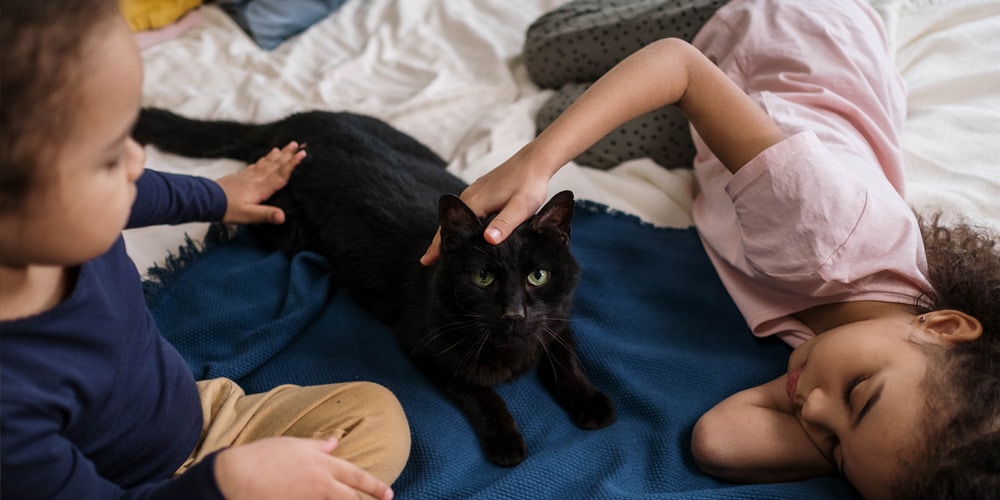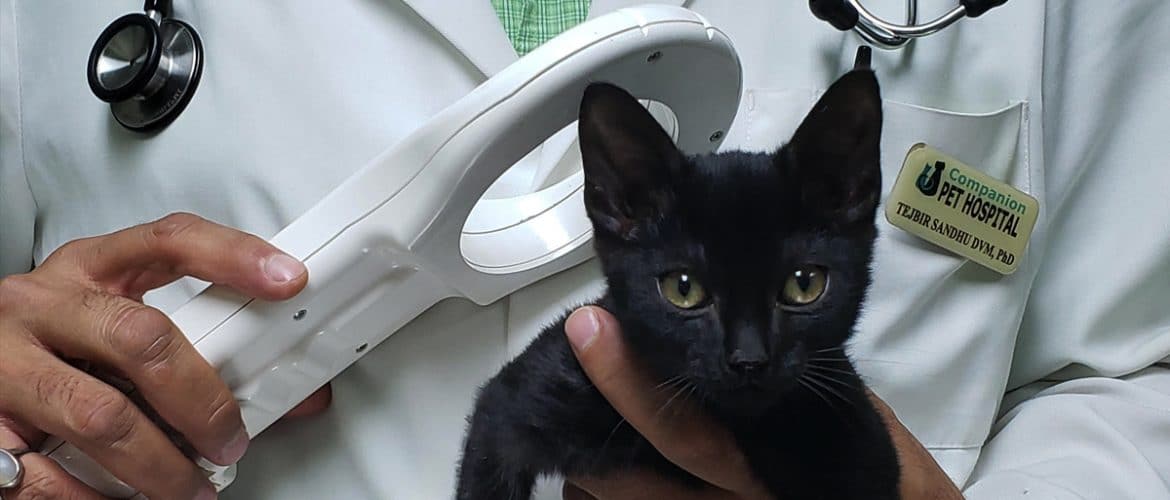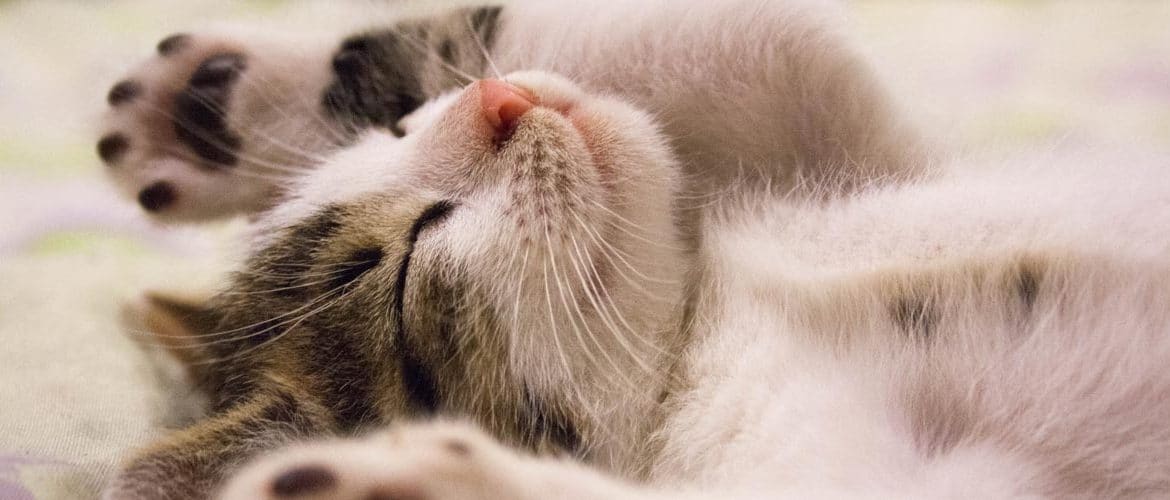Did you know that of American households, nearly 43.3 million include the delightful presence of pets? Among these families, around 84% choose to leave pets unrestrained during travel. This would be similar to not buckling our human loved ones in a car seat or seat belt — a decision most of us would never consider. Unrestrained pets endanger everyone in the car (and in cars around them). It’s easy to be lulled into a false sense of security if you’re just
It’s soon to be the most wonderful time of the year! As a pet owner, nothing can ruin the holiday moment quite like a trip to the emergency vet. Fortunately, there are many precautions you can take to help ensure that your furry friends stay safe during the holidays. The easiest way to avoid these issues is an ounce of prevention. Have your vet’s information handy, as well as the number and location of an emergency vet that will be open
If you’re a parent you may be a little wary of the idea of adding two or more feet, claws, or paws to your household. Parenting can keep you busy enough without worrying about cleaning out bird cages or changing the kitty litter. Accepting the responsibility of caring for another life is a big decision, but let’s consider the paw-sitive results of saying yes to the pet! Did you know that having a pet at home could benefit you and your
Unbeknownst to many parents of furry, feathery, or scaly kiddos, there are a handful of popular holiday houseplants that can be dangerous to pets. Some common harmful houseplants include: pine tree, amaryllis, holly, and mistletoe; and these are just some “seasonal” varieties. Pet owners should check before bringing any household plant into their home, as many common houseplants are not good for pets (should a pet ingest a toxic plant, act quickly by taking them to the veterinarian immediately for
Halloween is such a fun time of year for humans and animals alike. While it’s fun to dress your four-legged friends up for the occasion, there are several concerns about safety when it comes to pets. The Pet Poison hotline says they receive a 12 percent increase in calls during Halloween. Read on to learn how to protect your pets! Safe Storage / Unsafe Foods Pet owners should store all candy in a safe place, well out of a dog’s reach, as
Not fancy or fun, but from the heart. Pat & Rachel tell Penny’s story and why pet insurance is one of the most important purchases you can make for your pet. ❤️
Once you’ve decided to give a pet their fur-ever home, it’s important to provide them with everything they’ll need to live their best lives. Food, water, toys, and staying up to date on vaccinations are among key elements to being a pet parent, but it’s also vital to keep their physical safety in mind. In 2019 the American Humane Association stated that “approximately 10 million pets are lost in the United States, and millions of those end up in the nation’s animal shelters.” Their report detailed
Body language is something that ALL species utilize, human and pets alike. Since our pets can’t speak (well, some pet owners may disagree there!), we have to rely on their outward appearance to determine what they’re trying to tell us. While some pets are easier to “read” than others, here are some general helpful hints about cat and dog body language. Cats: Body orientation and context are the first things to consider when determining a cat’s mood. Cats will
Summer is upon us, and with more people home to help, it can be a prime time to introduce a new pet to the family! If you’re considering bringing a new family member into your home soon, consider all of the reasons why shelter pets are a wonderful choice for families with kids. Shelter pets have been vetted – in more ways than one! Pet adoption counselors want a placement to be successful. They will be able to guide you in
If you’re thinking about switching your pets to a raw diet, did you know it doesn’t have to be all or nothing? It’s pawistively true: your pet can be fed any number of ways, and any amount of raw food is a step in the right direction for your pets’ diet (no bones about it!) The benefits of raw food are so significant, incorporating just one extra item to add to your pet’s meals can make a difference in their










